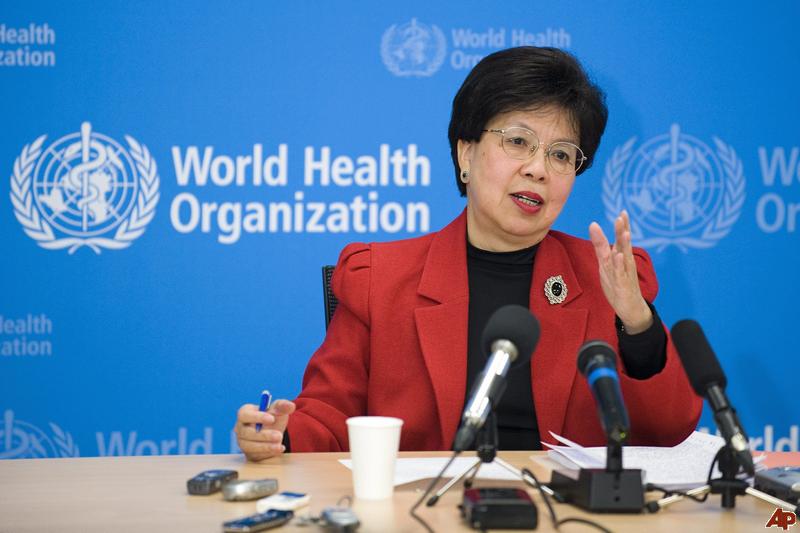The World Health Organization (NAN) has released new advice on which antibiotics to use for common infections and which to preserve for the most serious circumstances.
The advice is among the additions to the WHO Model list of essential medicines for 2017, which includes medicines for HIV, hepatitis C, tuberculosis and leukaemia.
The WHO Essential Medicines List (EML) is used by many countries to increase access to medicines and guide decisions about which products they ensure are available for their populations.
Dr. Marie-Paule Kieny, WHO Assistant Director-General for Health Systems and Innovation, said: “Safe and effective medicines are essential parts of any health system.
“Making sure all people can access the medicines they need, when and where they need them, is vital to countries’ progress towards universal health coverage”.
In the biggest revision of the antibiotics section in the EML’s 40-year history, WHO experts have grouped antibiotics into three categories – ACCESS, WATCH and RESERVE – with recommendations on when each category should be used.
Initially, the new categories applied only to antibiotics used to treat 21 of the most common general infections.
If shown to be useful, it could be broadened in future versions of the EML to apply to drugs to treat other infections.
The change aimed to ensure that antibiotics were available when needed, and that the right antibiotics are prescribed for the right infections.
“It should enhance treatment outcomes, reduce the development of drug-resistant bacteria, and preserve the effectiveness of ‘last resort’ antibiotics that are needed when all others fail.
“These changes support WHO ’s Global action plan on antimicrobial resistance, which aims to fight the development of drug resistance by ensuring the best use of antibiotics.”
WHO recommended that antibiotics in the ACCESS group be available at all times as treatments for a wide range of common infections.
“For example, it includes amoxicillin, a widely-used antibiotic to treat infections such as pneumonia,” the UN health agency said.
The WATCH group includes antibiotics that are recommended as first- or second-choice treatments for a small number of infections.
“For example, the use of ciprofloxacin, used to treat cystitis (a type of urinary tract infection) and upper respiratory tract infections (such as bacterial sinusitis and bacterial bronchitis), should be dramatically reduced to avoid further development of resistance.”
The third group, RESERVE, includes antibiotics such as colistin and some cephalosporins that should be considered last-resort options, and used only in the most severe circumstances when all other alternatives have failed, such as for life-threatening infections due to multidrug-resistant bacteria.
Dr. Suzanne Hill, Director of Essential Medicines and Health Products, said: “WHO experts have added 10 antibiotics to the list for adults, and 12 for children.
“The rise in antibiotic resistance stems from how we are using – and misusing – these medicines.
“The new WHO list should help health system planners and prescribers ensure people who need antibiotics have access to them, and ensure they get the right one, so that the problem of resistance doesn’t get worse”.












